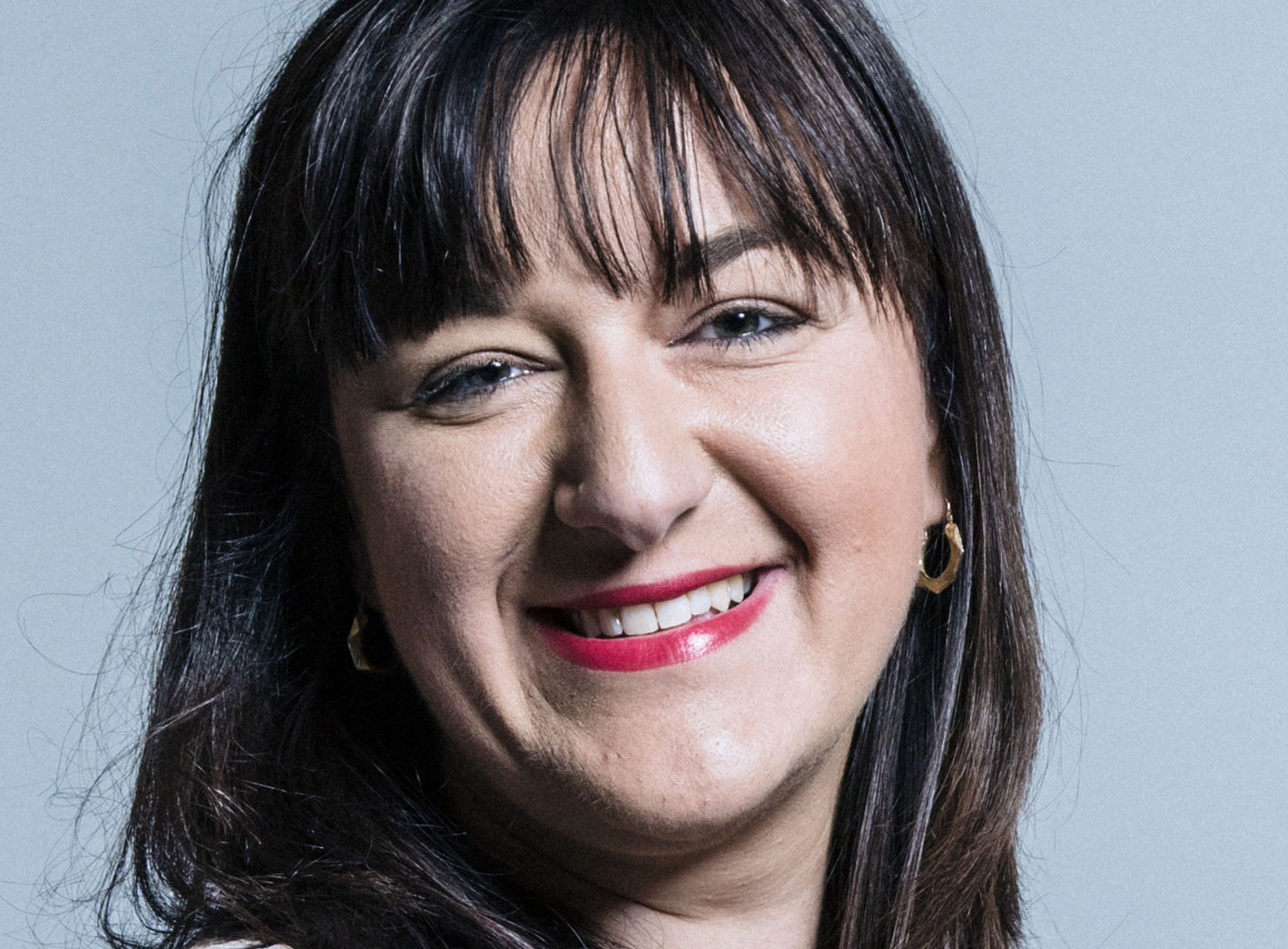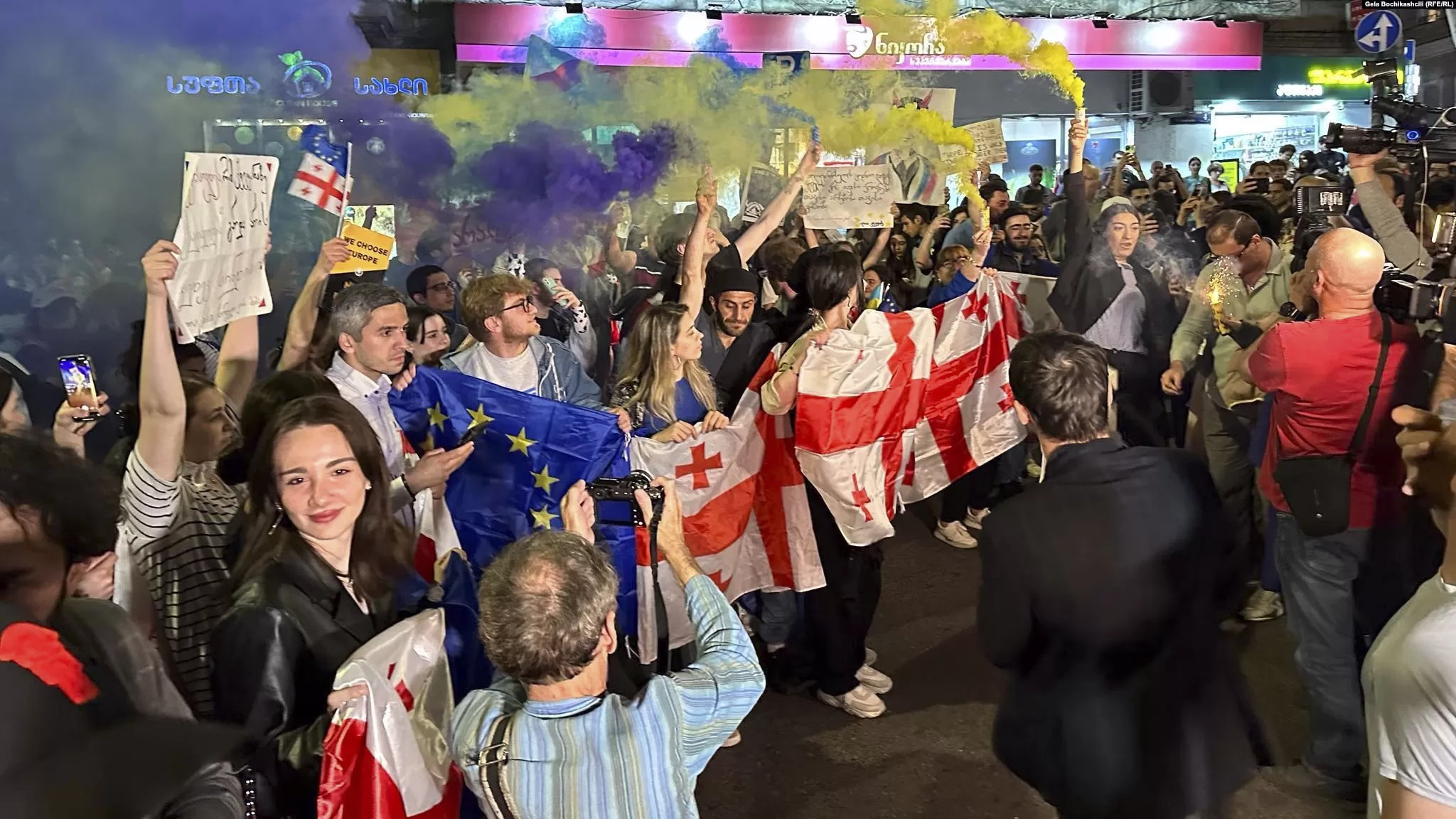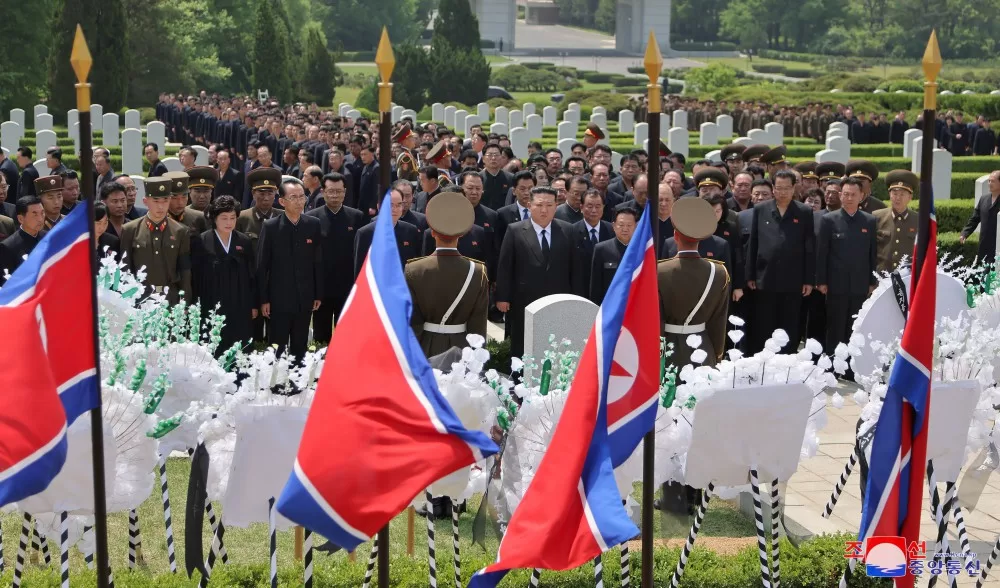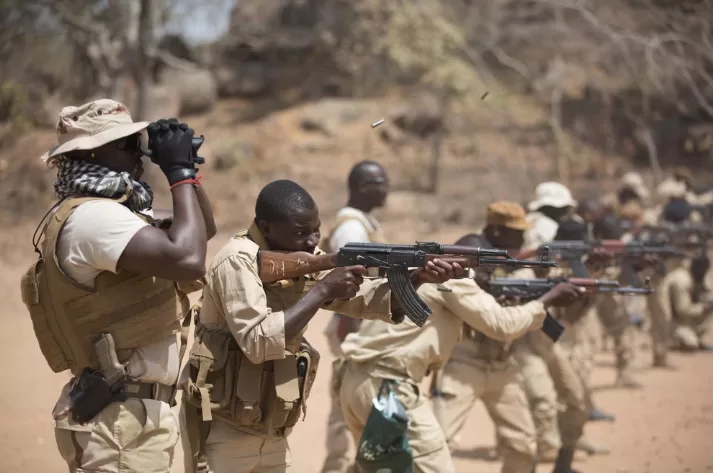[vc_row][vc_column][vc_single_image image=”115674″ img_size=”full” add_caption=”yes”][/vc_column][/vc_row][vc_row][vc_column][vc_column_text]This week marked the launch of a sixteen-day UN campaign to eliminate gender-based violence. As part of the global solidarity movement they want to turn the world orange. In the 21st century this campaign should not be necessary, but we see daily examples across the world of how women are being singled out for violence, whether state-sanctioned or by non-state actors or even in people’s homes.
When someone talks about violence towards women it is easy to assume they are talking about domestic violence, after all across the world 243 million women and girls were abused by an intimate partner last year.
Closer to home there were over 200,000 incidents of domestic abuse logged by the police in 2019/20 in England and Wales alone. My friend Jess Phillips, the MP for Birmingham Yardley, every year on International Women’s Day, reads the names of those women who have been murdered in the UK by their partner – this year she read out 108 names.
It is with great sadness that ahead of International Women’s Day I have once again reminded Parliament of all those women murdered by men over the past year. pic.twitter.com/d4Z6PbhUxR
— Jess Phillips MP (@jessphillips) March 5, 2020
Jess uses her voice for the women who no longer have one.
But violence against women isn’t only an issue of domestic violence. We’ve seen too many examples where violence against women, whether threats or actual violence, is used as a tool to try and silence them, to ensure that their voices aren’t heard.
Last month a survey published by Plan International found that 59% of women interviewed had been subjected to some form of abuse online. These statistics alone are enough to bring about a chilling effect for women who want to participate in public discourse but it’s compounded when you consider some of the highest profile academics, campaigners and journalists who have been murdered, imprisoned or threatened in recent years:
- Kylie Moore-Gilbert, accused of espionage by the Iranian regime and finally released this week after two years in prison;
- Loujain al-Hathloul, a women’s rights activist in Saudi Arabia who has been imprisoned for the last two years.
- Maria Ressa, the investigative journalist from Rappler, hit with fines and criminal charges for her work;
- Daphne Caruana Galizia, a campaigning Maltese journalist assassinated on 16 October 2017;
- Berta Cáceres, a leading Honduran environmental activist murdered in her home on 2 March 2016.
These women represent untold others, whose stories we simply don’t know – yet. That in itself is heart-breaking.
Our job at Index is to keep shining a spotlight on what is happening across the world, to make sure that as many people’s stories as possible are told. To empower them, to fight with them and to support their families. To make sure that no one is silenced because of the fear of violence.
We were launched nearly 50 years ago – but there is still so much work to do.
For more information on Orange the World see https://www.unwomen.org/en/news/in-focus/end-violence-against-women[/vc_column_text][/vc_column][/vc_row][vc_row][vc_column][three_column_post title=”You may also want to read” category_id=”41669″][/vc_column][/vc_row]






